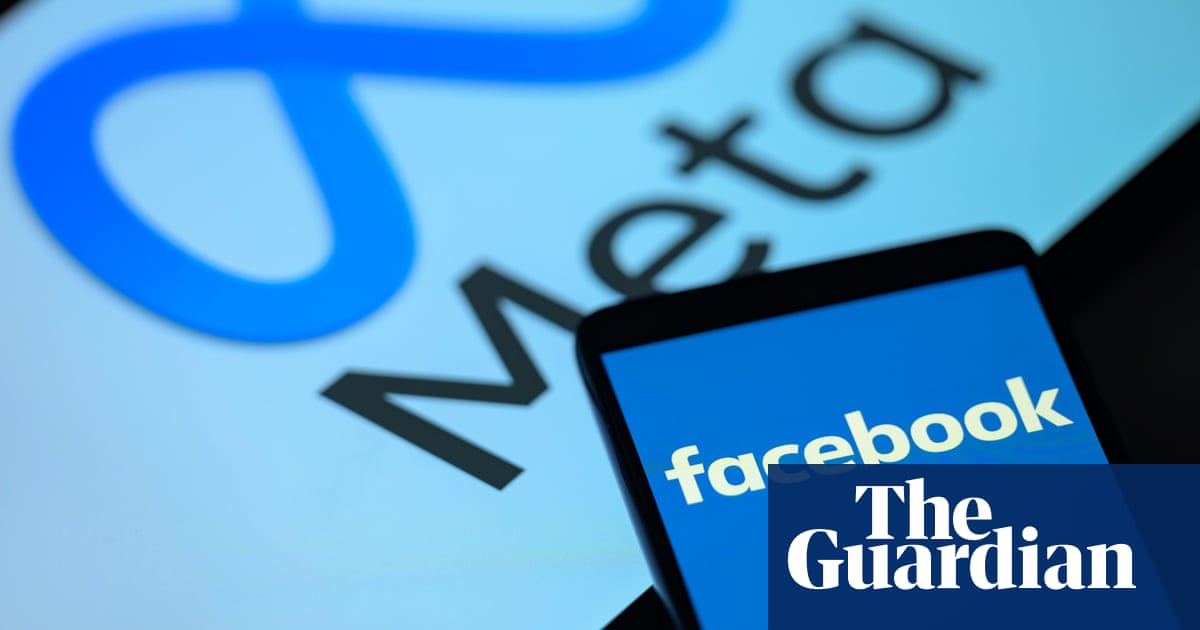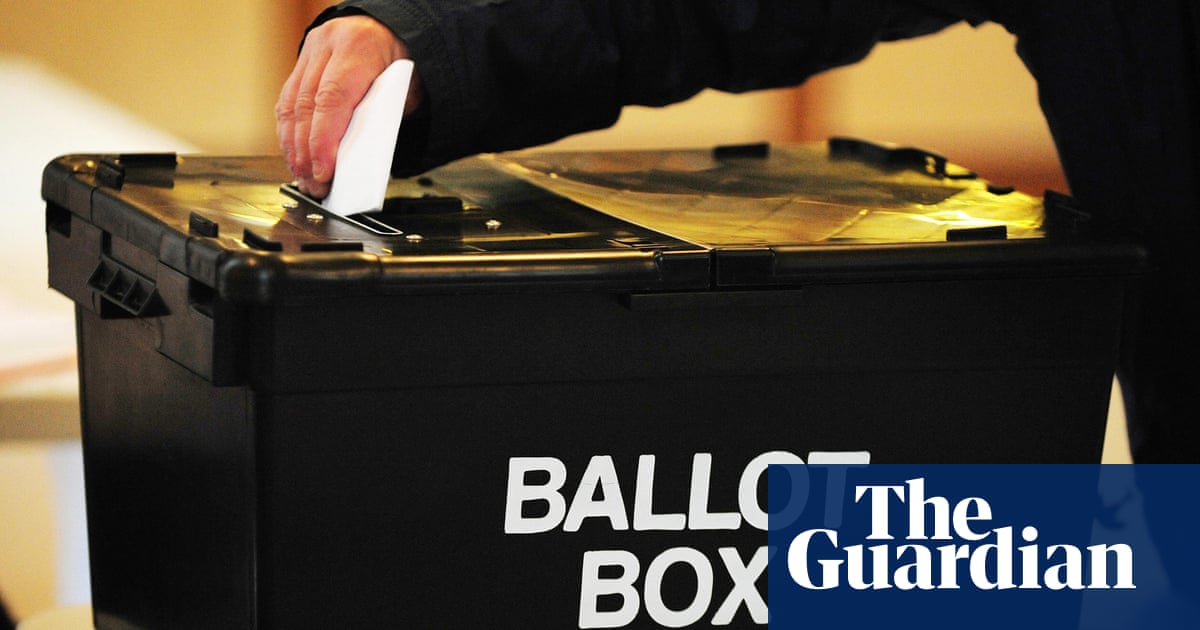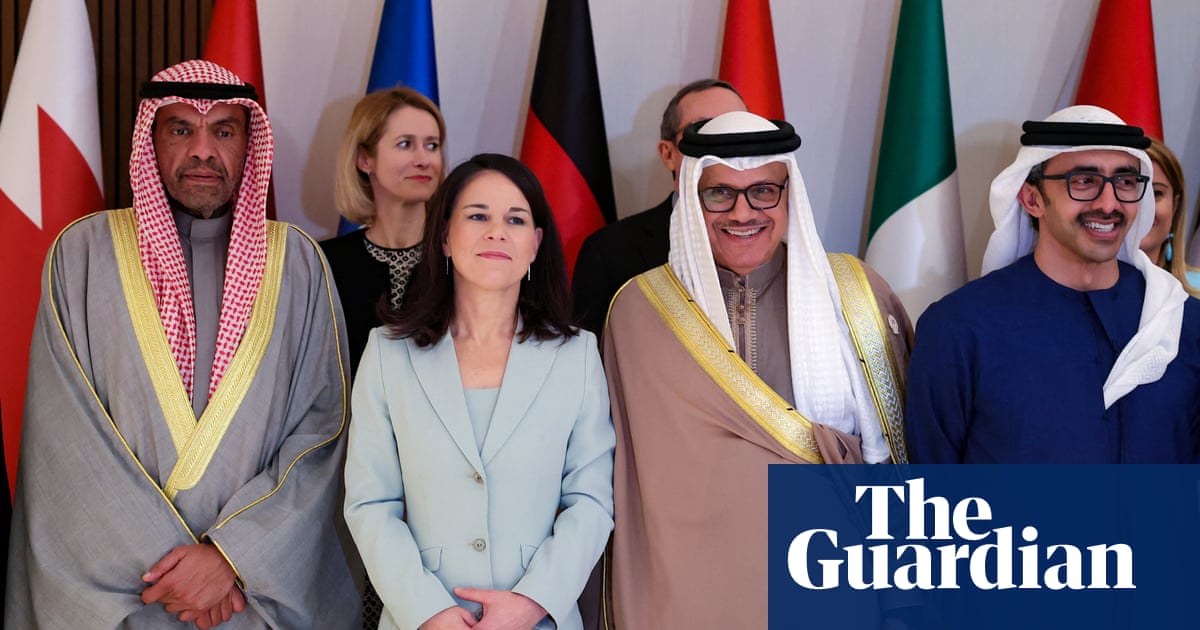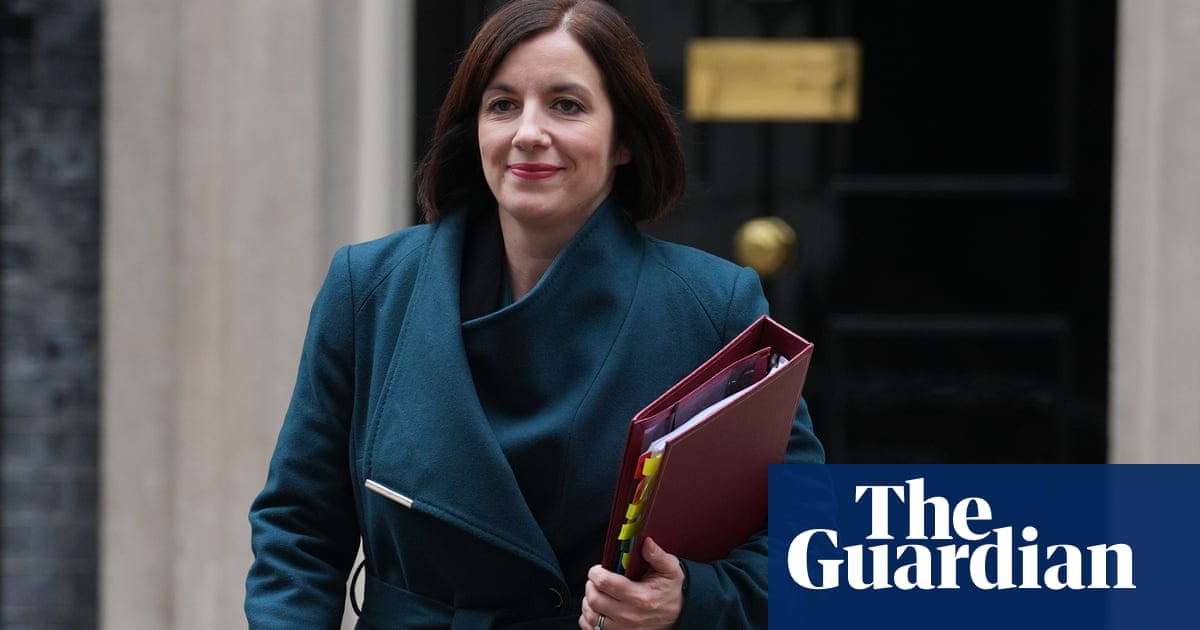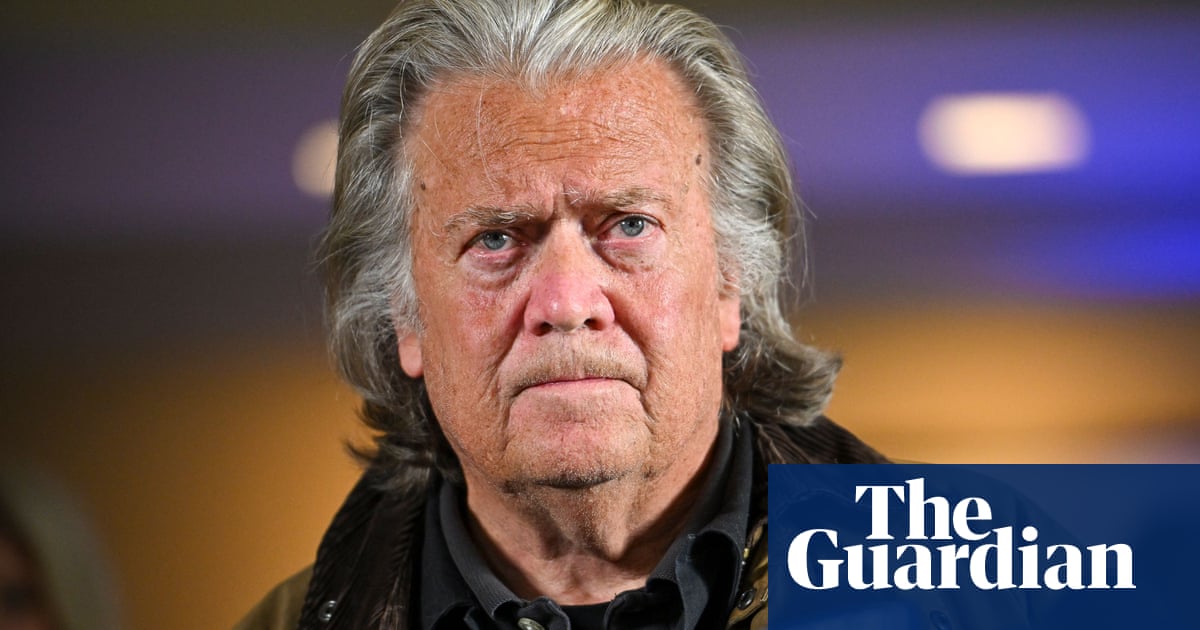What the United States Ryder Cup players will not say has very quickly become far more interesting than what they will. Uncomfortable shuffling has become this year’s norm at the Hero World Challenge, an event regarded as a stress-free opportunity to wind down at the conclusion of a hectic season. Last place in the Bahamas collects $150,000. Money, money, money, must be funny in a rich man’s world.
It emerged last month that discussions are under way regarding payments of roughly $400,000 each to the dozen players who will represent the US against Europe at Bethpage next September. Validation can only arrive when the PGA of America appoints a new chief executive; it seems improbable at best that Seth Waugh’s successor will start his tenure by irritating golfers who became dangerously empowered long ago.
Rory McIlroy’s increasing disdain for the greed and self-interest of umpteen PGA Tour players has been easy to trace in recent times. McIlroy responded to the Ryder Cup scenario by insisting he would pay to play in the biennial joust. This, in turn, appeared to capture the attention of Tiger Woods.
The version of history provided by Woods, in specific relation to the 1999 Ryder Cup, places blame elsewhere. “We didn’t want to get paid, we wanted to give more money to charity and the media turned it around against us and said we wanted to get paid,” said the 15-time major winner.
Indeed, an almighty furore surrounded Woods, Mark O’Meara and David Duval in particular. Amid talk of refusal to play at Brookline, Ben Crenshaw managed to calm the waters. Woods believes the class of 2025 should have the right to donate millions to charity from the Ryder Cup bounty.

The problem is, if players are paid there is no reasonable means of knowing – and why should there be? – where that cash goes. If charity is again the real subtext, golfers could simply instruct the PGA of America to divert a set portion of Ryder Cup funds to a dozen nominated charities.
Scottie Scheffler, the typically unflappable world No 1, seemed irritated at the subject being raised at all. “All of us on the American side are more than willing to play in the Ryder Cup for free,” he said. “We’ve been playing in the Ryder Cup for free for a long time.” Scheffler added: “I don’t think there’s any problem with guys getting paid to play in the Ryder Cup. I don’t think it takes away from the competition at all.
“I don’t play golf for money. I’ve been playing golf my whole life for free and the money’s just a bonus. If somebody wants to pay us to come out here and play golf, that’s great, I’m not going to say no to it. I’m going to do the best I can in my community to steward that money well.” In other words: I don’t need money but I’ll gladly receive it and be sure not to waste it on wine, women and song.
The notion of sportspeople taking a slice of what is an ever-increasing pie is hardly novel. Some could even make the case for it being perfectly valid. But the optics associated with the present American Ryder Cup scene are awful. Spectators are being charged $750 for tournament days at Bethpage. Being a volunteer costs $350 (work that one out).
Due in part to the arrival of LIV, golfers have never had it so good. Scheffler has collected $71m in official PGA Tour money. Patrick Cantlay? $48m. Justin Thomas has close to $60m via the same algorithm. Factor in sponsorship deals and it is easy to see why huge chunks of even the golf-adoring public cite vulgarity. The Ryder Cup broke the mould by being about more than a cheque: until now.
Neither Woods nor Scheffler were willing to address that element. Nor were Cantlay and Thomas. Keegan Bradley, the US captain, continued his muddled approach to leadership by objecting to the news of payment emerging in the first place rather than adequately addressing what it means. “I was definitely disappointed that someone leaked out that information,” said Bradley. Shoot the messenger.
after newsletter promotion
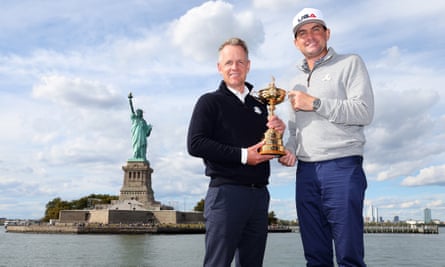
“My thoughts on the Ryder Cup are really simple,” said Cantlay. “I’m there to represent my country and I’m there to win points for my teammates and that’s it.” This golfer’s continual public reticence regarding broader themes is quite striking, given the supposed influence he yields in corridors of power. Will the real Patrick Cantlay please stand up?
“It’s a weird, a touchy subject and you’re kind of damned if you do, damned if you don’t,” said Thomas. “Obviously all of us would play if we weren’t compensated.”
Thomas drew comparisons with college athletes, which at least demonstrated an element of contextual awareness. But most striking between Woods, Scheffler, Cantlay and Thomas – key actors in this scene – is that none would venture that the Ryder Cup should not pay participants when given ample opportunity to do so. They would even be worthy of more respect if they set out a vehement case for why participants should take a fee.
No matter how the Americans try to talk their way out of this – and it seems reasonable to assume at least an element of public relations smoothing will take place in the future – Luke Donald and the Europeans have their hook. Glory versus money. Pride versus pound signs. The awkward questions will keep on coming for those planning to don the stars and stripes.

.png) 1 month ago
12
1 month ago
12





